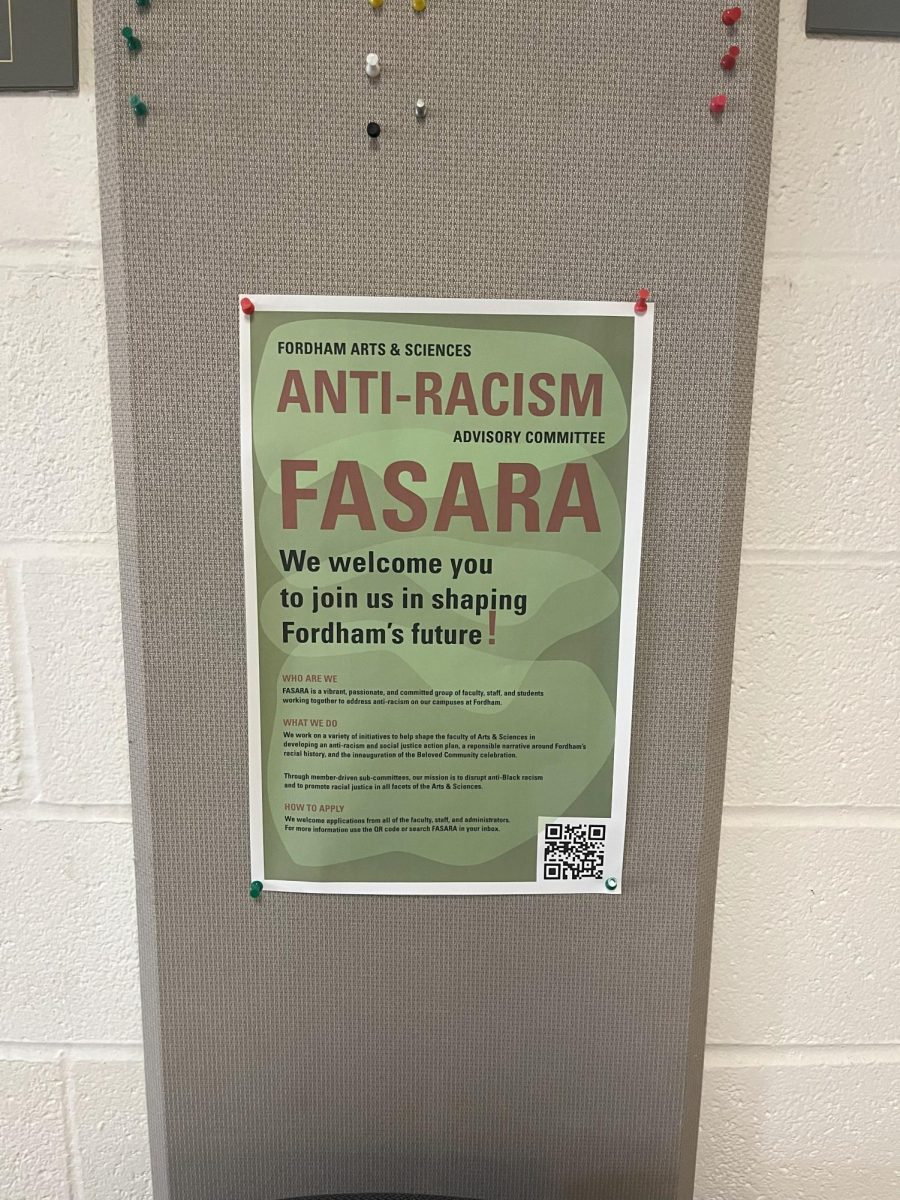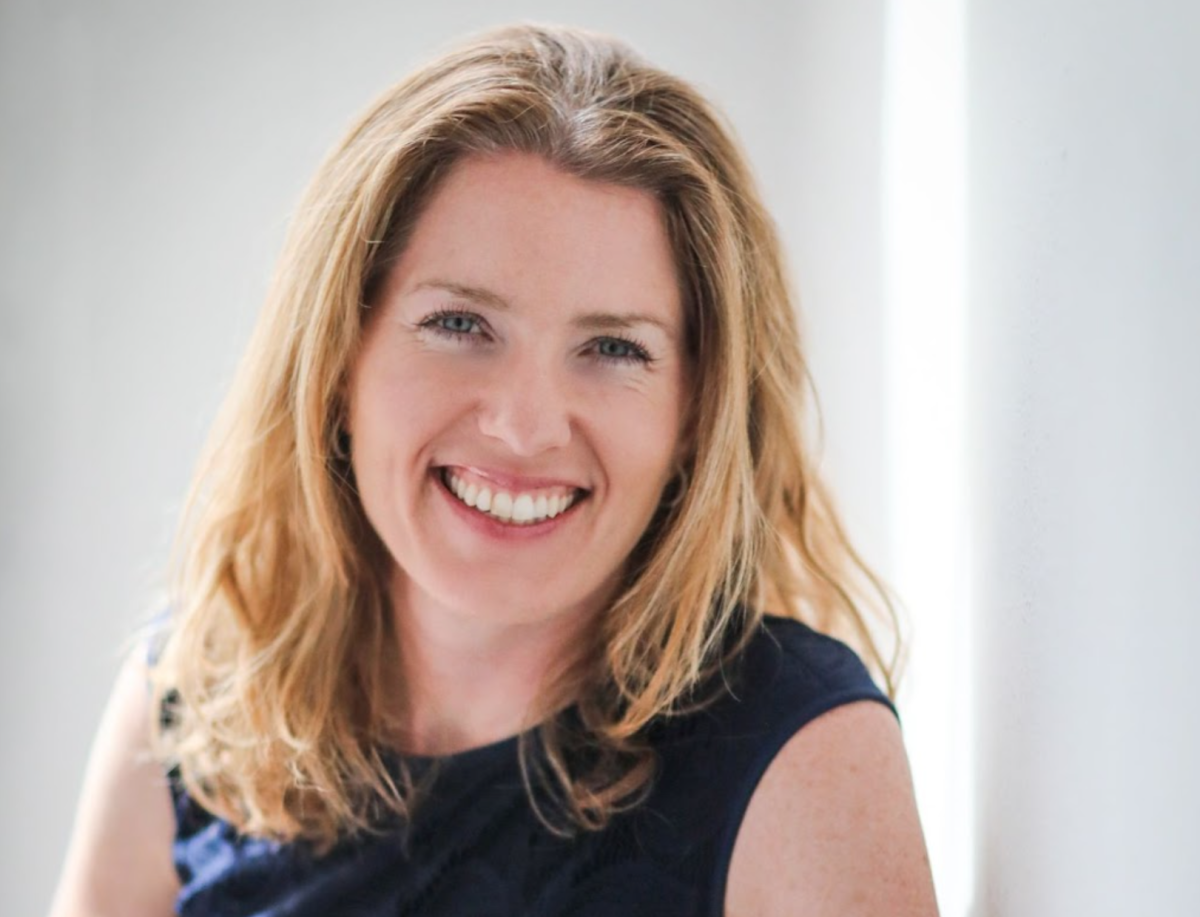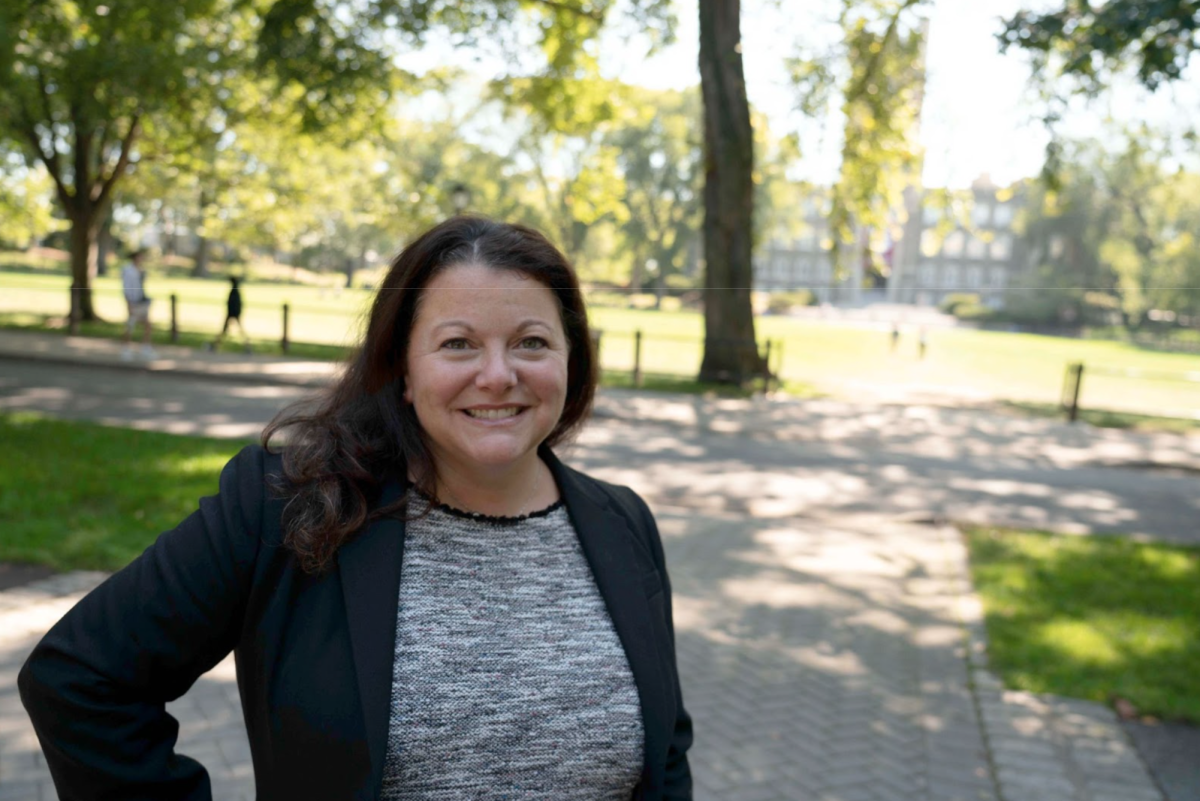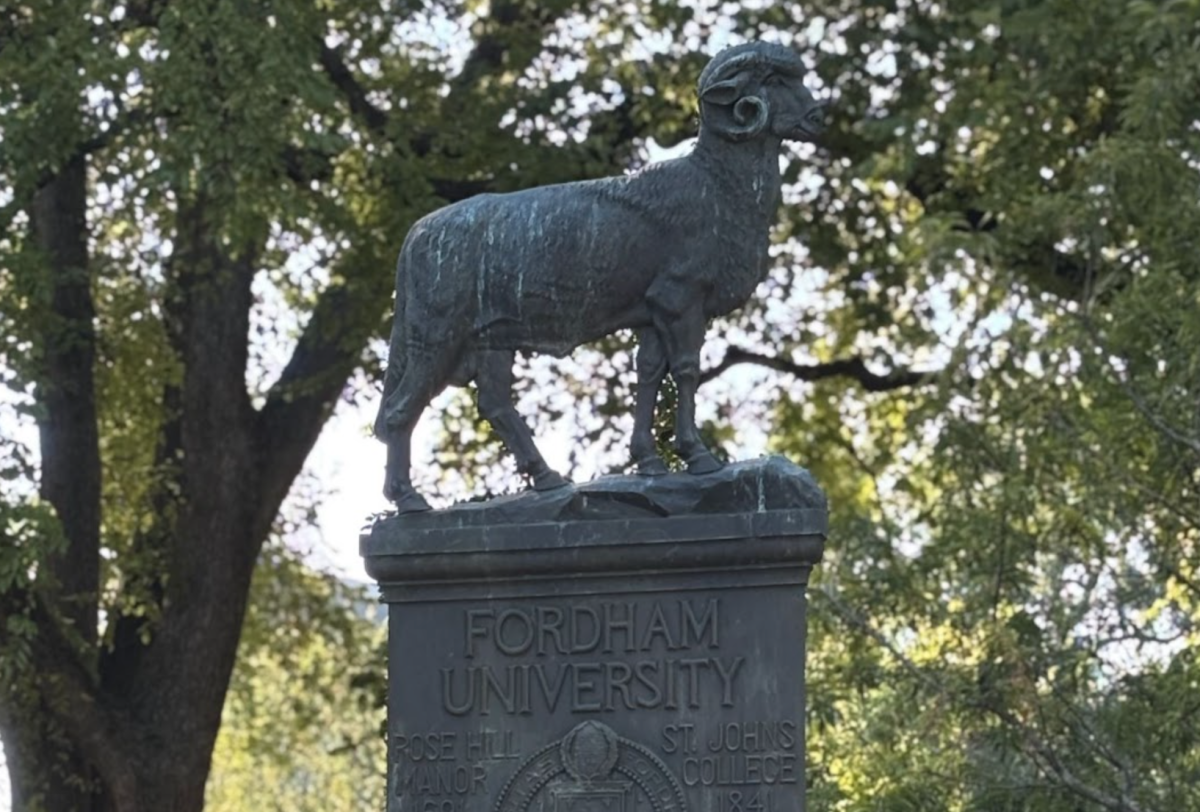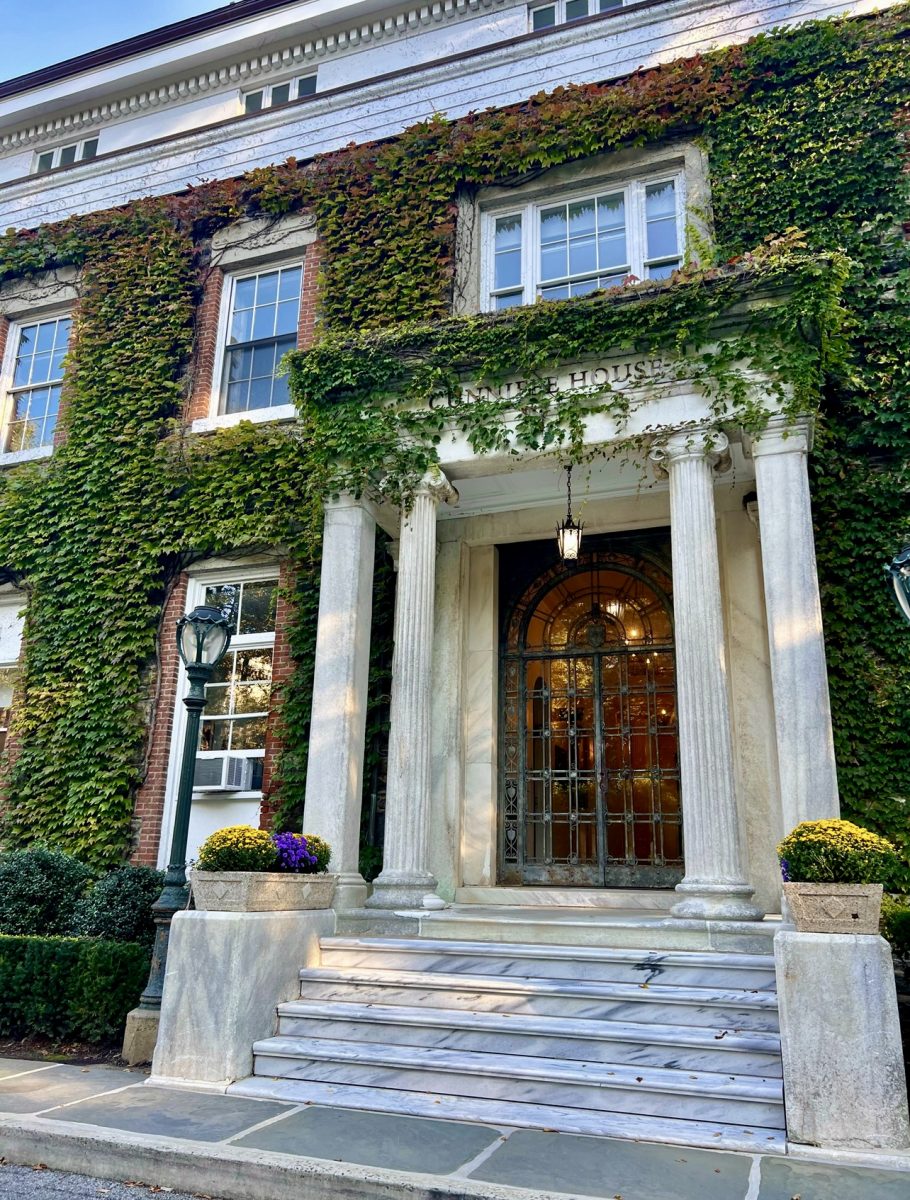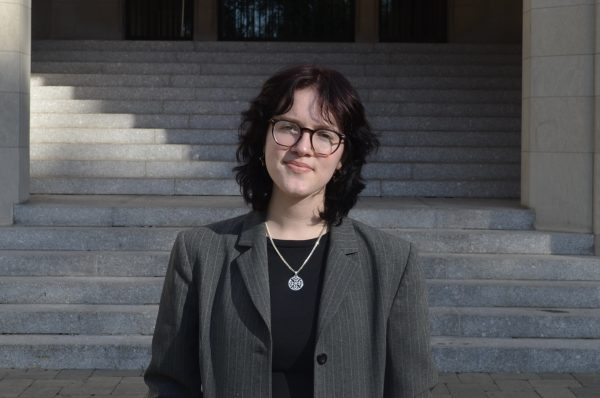The Fordham University Arts and Sciences Anti-Racism Advisory Committee (FASARA) is a coalition of students, staff and administration that addresses anti-racism within the School of Arts and Sciences. This year is the group’s fourth year of operation.
Michele Prettyman, a professor in the communications department at Fordham Lincoln Center, created FASARA. There have been several co-chairs throughout the years, and last year, Prettyman stepped down.
“It’s a very intense job,” said Alessia Valfredini, an Italian professor and the current co-chair of FASARA. “We’re currently reviewing applications for the other co-chair.”
Each year, the group recruits students and faculty to join their various subcommittees.
“It’s a very horizontal body,” said Valfredini. “We think really hard about what voices are heard in the group.”
The subcommittees deal with faculty recruiting, retention and student experience.
“My time as a student delegate for the FASARA has been insightful, enjoyable and rewarding. Overall, it has been great having a space to discuss racial concerns with professors, faculty and other students who share the same passion for racial solidarity, diversity and inclusion,” said Rebecca Cortes, FCLC ’26. “In my first subcommittee as a student delegate, we discussed a support and listening structure for students with racial concerns.”
Cortes is currently helping review application materials for new members.
“Since the body is in its fourth year, I think we’re polishing the functioning to make it such that everybody can contribute despite complicated schedules and different areas of expertise or interest,” said Valfredini.
FASARA’s goal is to be involved with decisions being made in administration and to provide a diverse view.
“[There are] issues of civil discourse happening on campus, so we really think our role is to keep an eye on the larger operation and to operate in every single decision that’s made because everything is potentially impacted by racism, and it’s helpful to have more eyes on whatever project gets carried out,” said Valfredini.
Last year, FASARA hosted its first annual “Beloved Community” event, which provided an opportunity for discussion and community at Fordham. Martin Luther King Jr. introduced the concept of a “Beloved Community” as a society where “caring and compassion drive political policies that support the worldwide elimination of poverty and hunger and all forms of bigotry and violence.”
Cultivating a community was a fundamental concept of Prettyman’s vision for FASARA, something Valfredini wants to expand on.
“While you celebrate, you also need to build every single day,” said Valfredini. “I’m a white person, and I’m ready and willing to do the work, but I think my goal would be to create an infrastructure that helps others be in a leadership position, I don’t think I should stay in this position long. I wanted to provide continuity because I worked with Michele […], but I also don’t want to forget what voices we need to listen to the most.”
Valfredini wants to establish a system where co-chairs can work in a cycle to prevent them from being overworked.
“[I want to] make sure that we create a group of people who can rotate as co-chairs and feel supported. One of the issues we have at Fordham is because we don’t have a large number of faculty of color; they are overstretched working in so many roles,” Valfredini said.
As the Arts and Sciences administration and undergraduate Core Curriculum are rearranged, Valfredini hopes to expand the FASARA community.
“[We want] a positive person. The words ‘Beloved Community’ has the word ‘love’ in it, and I think that’s definitely part of the ethos that we share,” she said. “I feel very grateful for the support I have from everyone in FASARA, and that’s basically what we’re looking for to cultivate and keep going.”
The group is composed mainly of lecturers and students and Valfredini aspires to include more people in administration and tenured professors.
“It’s much harder for people who are in a position of large power like tenured faculty to participate, so we really hope to get more people on board this fall,” she said.
As the year goes on, FASARA will meet with the new vice president of Equity and Inclusion, James A. Felton III, to discuss expanding the coalition’s role and improving Fordham for everyone.
“I want to make sure we stress the positive and the potential, but I also want to stress how important it is that there are multiple bodies that work in anti-racism, not just one person,” said Valfredini. “It’s definitely a field where you want to be multi-vocal and as inclusive as possible.”





































































































































































































